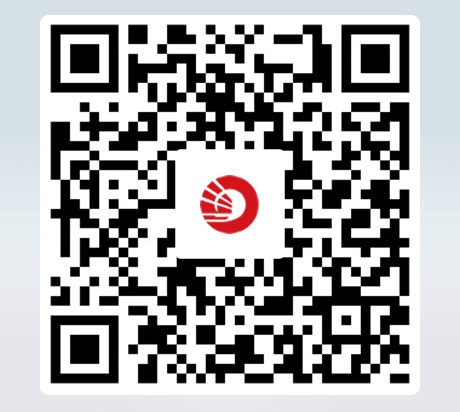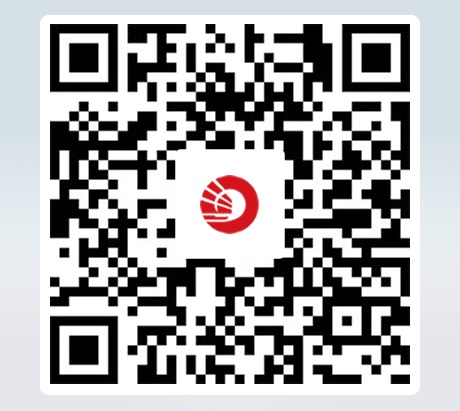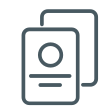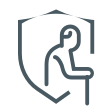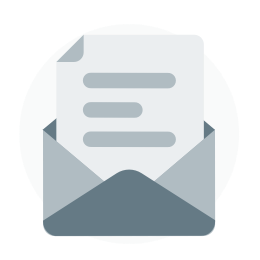1. System updates and patches
The operating system is composed of various components with multiple purposes while these components may have some loopholes to the extent to damaging your computer and even the entire network. Therefore, it's extremely important to install the latest security patches of operating system and browser. In addition to installation at the factory, it also needs regular download and installation of system patches newly issued by the operating system maker during normal use. There is no operating system needing no patches.
2. Antivirus Software
Antivirus software is a kind of computer program used to inspect, prevent and take measures to cancel or delete malicious software program like computer virus and worm. You shall regularly update the virus reservoir of anti-virus software to prevent the latest viruses. Most anti-virus software can be set as automatic updating.
3. Anti-Spyware
Anti-spyware helps to prevent popup windows, slow performance and safety threats from spyware and other harmful software. You should keep your anti-spyware most updated to prevent the latest spyware. Much of the harmful software, including spyware, is difficult to eliminate. Even if you attempt to uninstall such programming software, it can re-emerge after restarting your computer.
4. Anti-Spam email
You should treat with care some information that attempts to steal your personal or financial information when reading information on your email or browser. Some popular fraud examples include false email or website of the fake famous institutions, fraudulent lottery email or website. If spam has been sent to your mailbox, you should delete it immediately instead of opening it. You should also use spam filter to identify and differentiate the legal advertising email and the email with network phishing threat.
5. Firewall
Firewall is a set of special equipment deployed at the network gateway or special program on personal computer, which could impede unauthorized user from connecting to the Internet. For the personal computer, personal firewall may impede malicious software from passing over the security loophole scanning and attacking the vulnerability of the personal computer.

